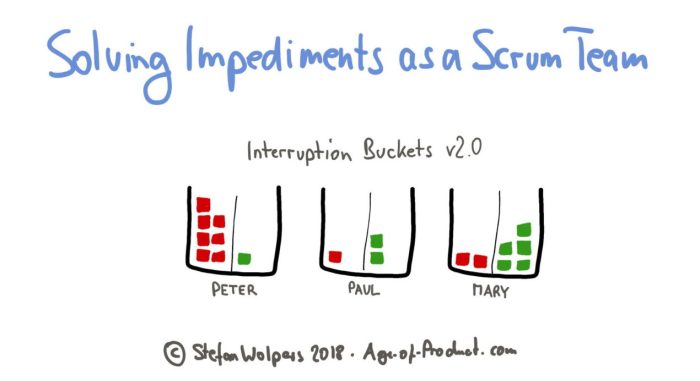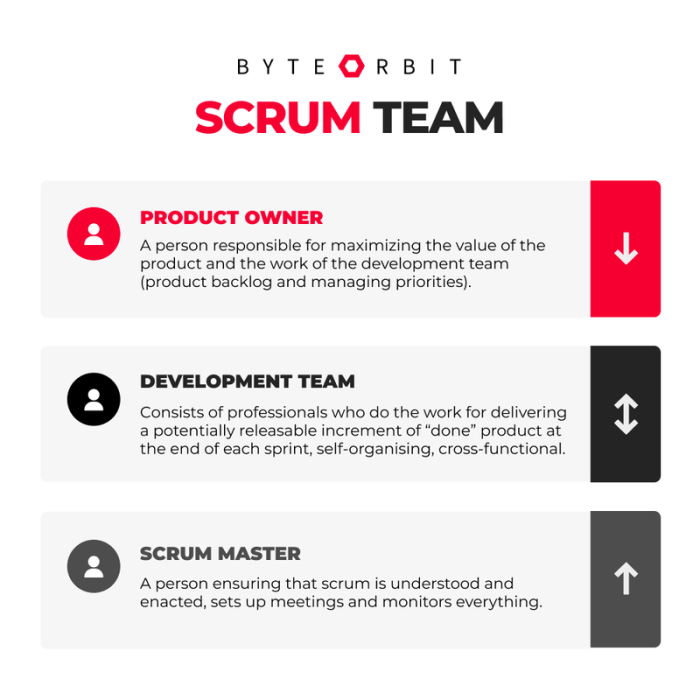A scrum team is experiencing a growing list of impediments – As a scrum team grapples with a growing list of impediments, this article delves into the root causes of these obstacles, explores effective solutions, and emphasizes the importance of continuous improvement in impediment management.
Understanding the nature of impediments and implementing proactive strategies to address them is crucial for scrum teams to maintain their productivity, meet project deadlines, and deliver high-quality results.
Addressing Impediments in Scrum Teams

Impediments are obstacles that hinder the progress of a Scrum team. Effective impediment management is crucial for maintaining team productivity and achieving project goals.
1. Assess the Scrum Team’s Current Impediment Management Process
To improve impediment management, teams must first assess their current process. This involves:
- Summarizing the existing process
- Identifying strengths and weaknesses
- Highlighting areas for improvement
2. Identify and Analyze the Root Causes of Impediments, A scrum team is experiencing a growing list of impediments
Once the current process is understood, teams should conduct a root cause analysis of their impediments. This involves:
- Categorizing impediments based on their root causes
- Prioritizing impediments based on their impact
3. Develop and Implement Solutions to Address Impediments
With the root causes identified, teams can develop and implement solutions to address impediments. This includes:
- Brainstorming and evaluating potential solutions
- Creating an action plan for implementation
- Assigning responsibilities and timelines
4. Monitor and Evaluate the Effectiveness of Impediment Resolution
Once solutions are implemented, teams must monitor their effectiveness. This involves:
- Establishing metrics for tracking progress
- Monitoring progress regularly
- Making adjustments to the action plan as needed
- Evaluating the effectiveness of solutions
5. Promote Continuous Improvement in Impediment Management
Impediment management is an ongoing process that requires continuous improvement. Teams should:
- Identify opportunities for improvement
- Implement changes based on lessons learned and best practices
- Share best practices with other teams
FAQ: A Scrum Team Is Experiencing A Growing List Of Impediments
What are common causes of impediments in scrum teams?
Impediments can arise from various sources, including lack of resources, communication breakdowns, technical issues, or external dependencies.
How can scrum teams prioritize impediments?
Prioritization should consider the impact of impediments on team progress, deadlines, and overall project goals.
What is the role of continuous improvement in impediment management?
Continuous improvement involves regularly reviewing and refining the impediment management process, implementing lessons learned, and adopting best practices.

